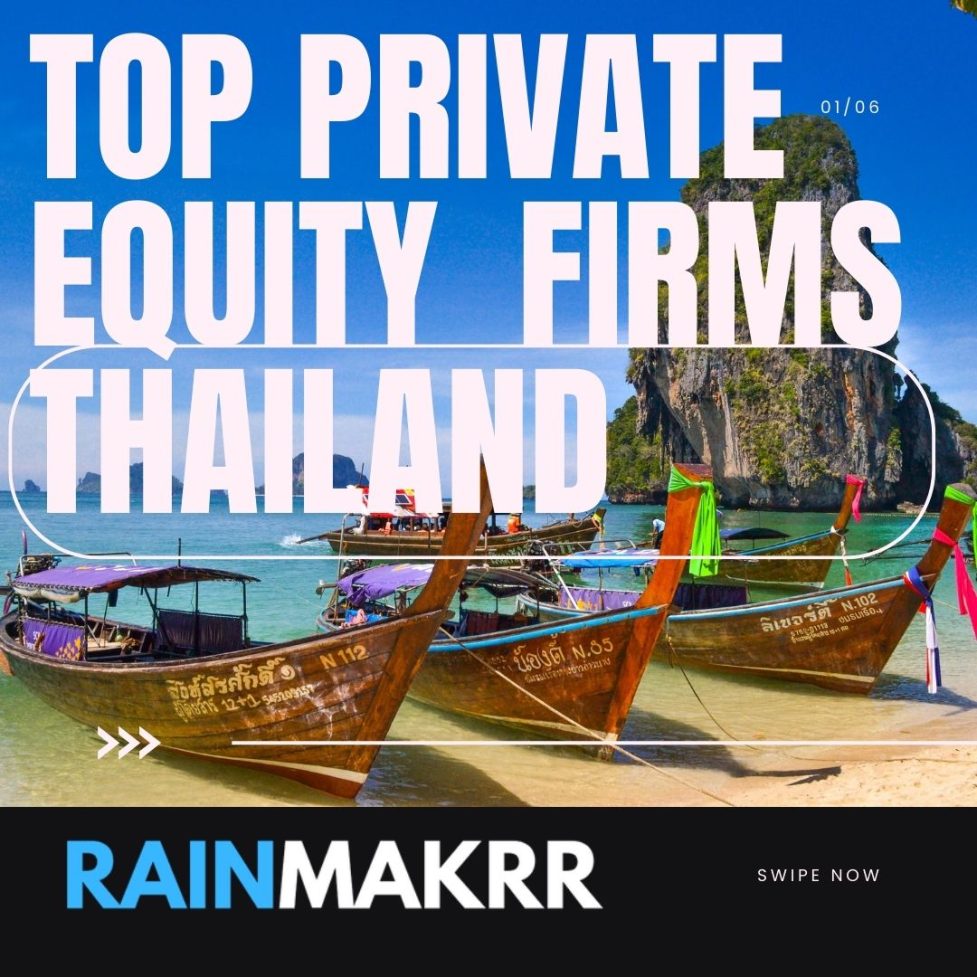Top Private Equity Firms in Thailand Private Equity Guide


Top Private Equity Firms in Thailand List - Thailand Private Equity Guide
Welcome to our Thailand Private Equity guide including the top private equity firms in Thailand has which are active right now.
Private Equity Thailand - Top Private Equity Firms Thailand Guide
Top Private Equity Firms Thailand
Overall, the private equity industry in Thailand is expected to continue to grow in the coming years, driven by the country's strong economic fundamentals, favourable demographics, and supportive government policies.
Thailand has a thriving private equity industry, with a number of firms providing capital to support the growth of businesses in the country so here are some of the top private equity firms in Thailand:
Alpha Founders Capital
Alpha Founders Capital is a Singapore-based private equity firm that invests in Southeast Asian technology startups.
The firm's focus is on early-stage startups that have the potential to disrupt their industries. Alpha Founders Capital has a team of experienced investors and entrepreneurs who work closely with portfolio companies to help them grow and succeed.
Beacon Venture Capital
Beacon Venture Capital is a Thailand-based private equity firm that invests in startups and growth-stage companies in Thailand and the surrounding region.
The firm was founded in 2011 and has since invested in a number of companies in industries such as healthcare, fintech, and e-commerce.
AddVentures
AddVentures is the corporate venture capital arm of Siam Cement Group (SCG), one of the largest conglomerates in Thailand. The firm invests in startups and growth-stage companies in industries such as construction materials, packaging, and chemicals.
Top Private Equity Firms Thailand




Photo by Sumit Chinchane
Top Private Equity Firms Thailand - Private Equity Thailand Guide















